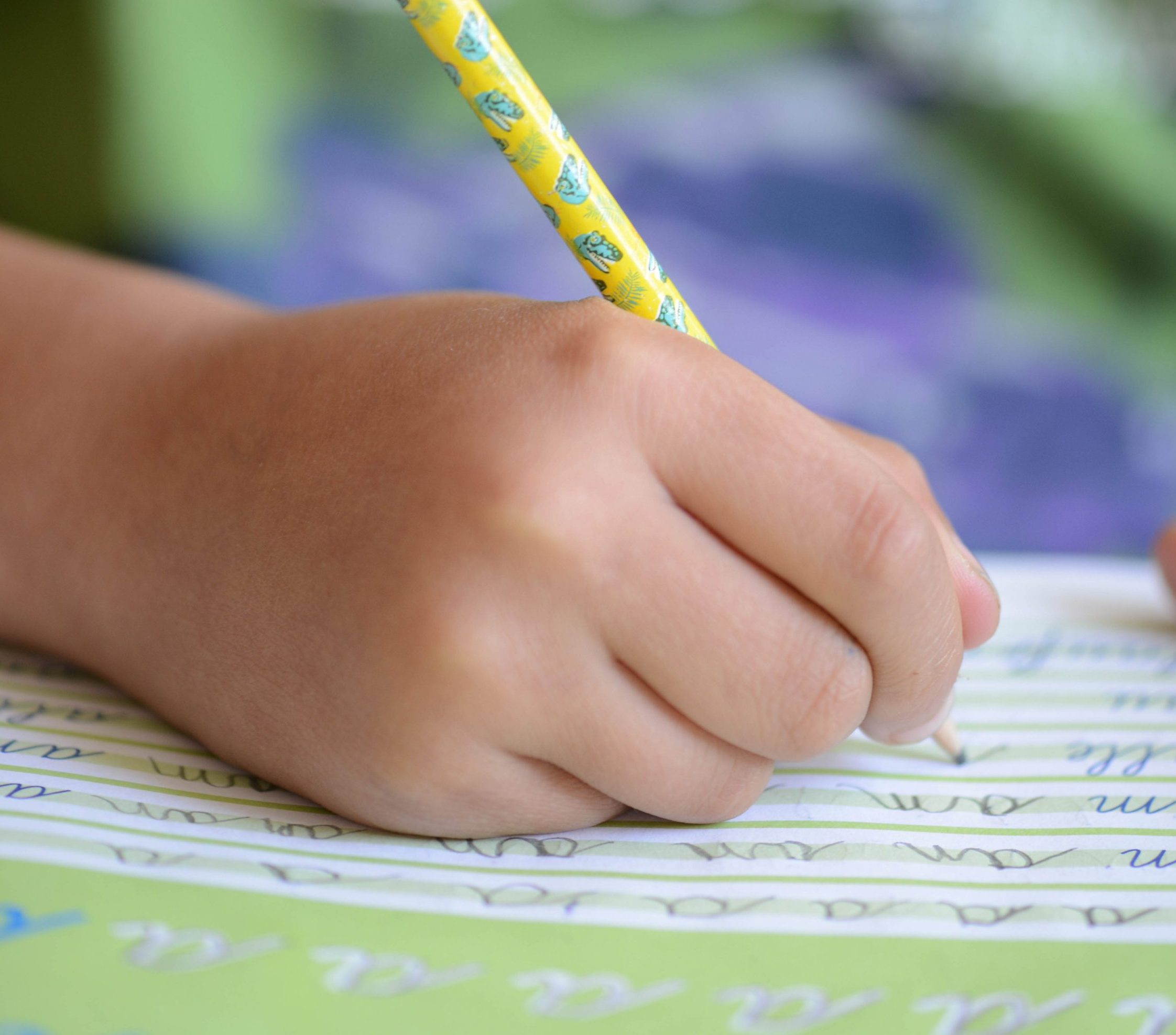Edited by: Sara Fahmy
Image Attained from freepik
Student organizations at AUC celebrated Literacy Day on September 8 in an attempt to raise awareness and help empower illiterate communities in Egypt.
This annual event aims to highlight the importance of literacy and emphasizes the importance of education to individuals, committees, and societies.
According to the State Information Services, the illiteracy rate in Egypt among people aged 10 and above currently stands at 12.6 percent.
Beyond Literacy Day, various student organizations are creating initiatives to better literacy among communities in Egypt that have limited access to educational resources across the year.
“One day, when I was helping children at Masr El Adima committee (a committee that helps children of the neighborhood), I noticed that some of them were illiterate. Thus, we decided to create a maho el omaya (literacy and adult education) committee,” said Farah Ahmed, media head of the Help Club.
This was the beginning of a new committee that dedicated time to helping those struggling with illiteracy in different places by teaching them how to read stories and the Quran.
Other clubs who support charitable causes, like the Student Union (SU), Hand in Hand, 3AL RASEEF, and Resala, do their best to try to support the unprivileged by providing them with school supplies, offering tutoring sessions, and other activities that improve their mental wellbeing.
Verina Ishak, the fund head at Mashroo3 Kheir (MK), told The Caravan that MK also partnered with an orphanage to help kids with their English.
“They [were] aged from 3-6; we started giving them topics like colors, numbers, and weekdays, [ans] how to write their names in order to prepare them for school,” Ishak said.
VIA (Volunteers in Action) advocates for bettering literacy rates, but they also focus on teaching women in Egypt subjects to help them find better jobs.
“We arrange weekly sessions to teach underprivileged women and women who cannot read and write. We teach both Arabic and Math to women ranging from 18 [or] 19 years old to women 70 years old,” said Mariam Amir, literacy co-head at VIA.
Women represent 9.3 million of the total 14.5 million illiterate adults in Egypt, according to CAPMAS, which is around 64 percent of the illiterate population.
VIA members try to reach different places to find a diverse range of people they can help.
“We do this service to help women who didn’t get the chance to continue their education get a good job and a decent life,” said Lama Marei, literacy co-head at VIA.
